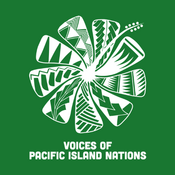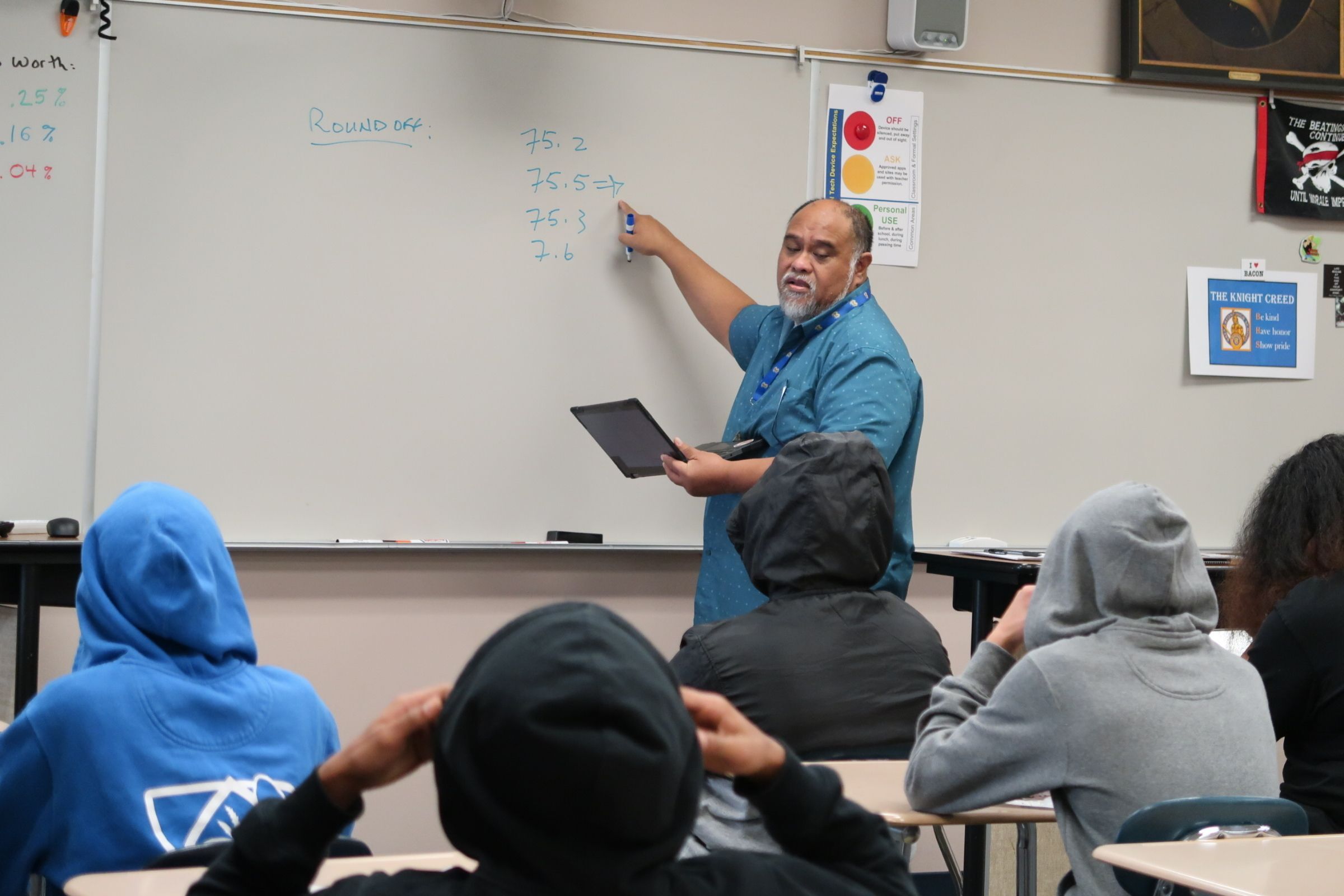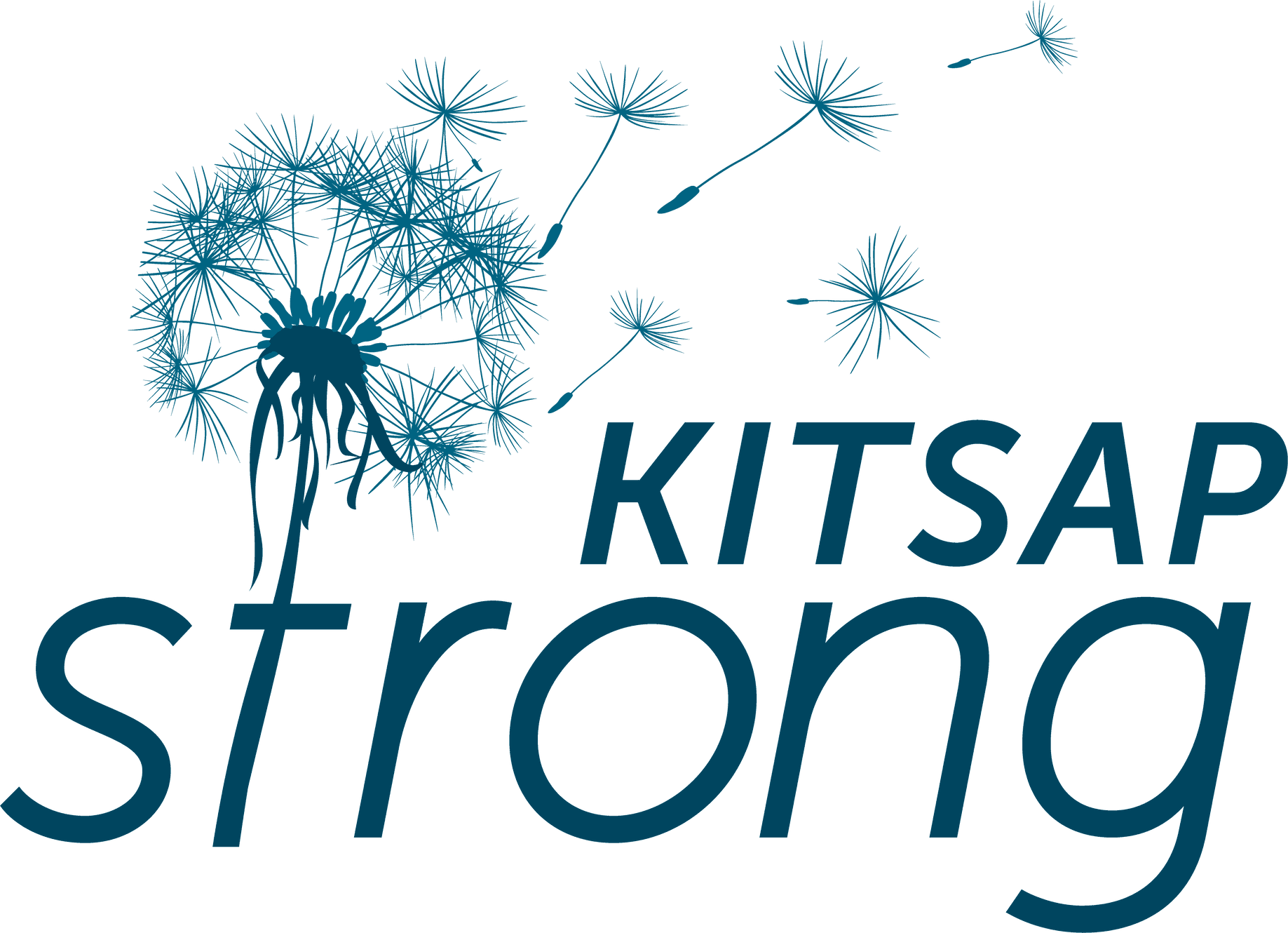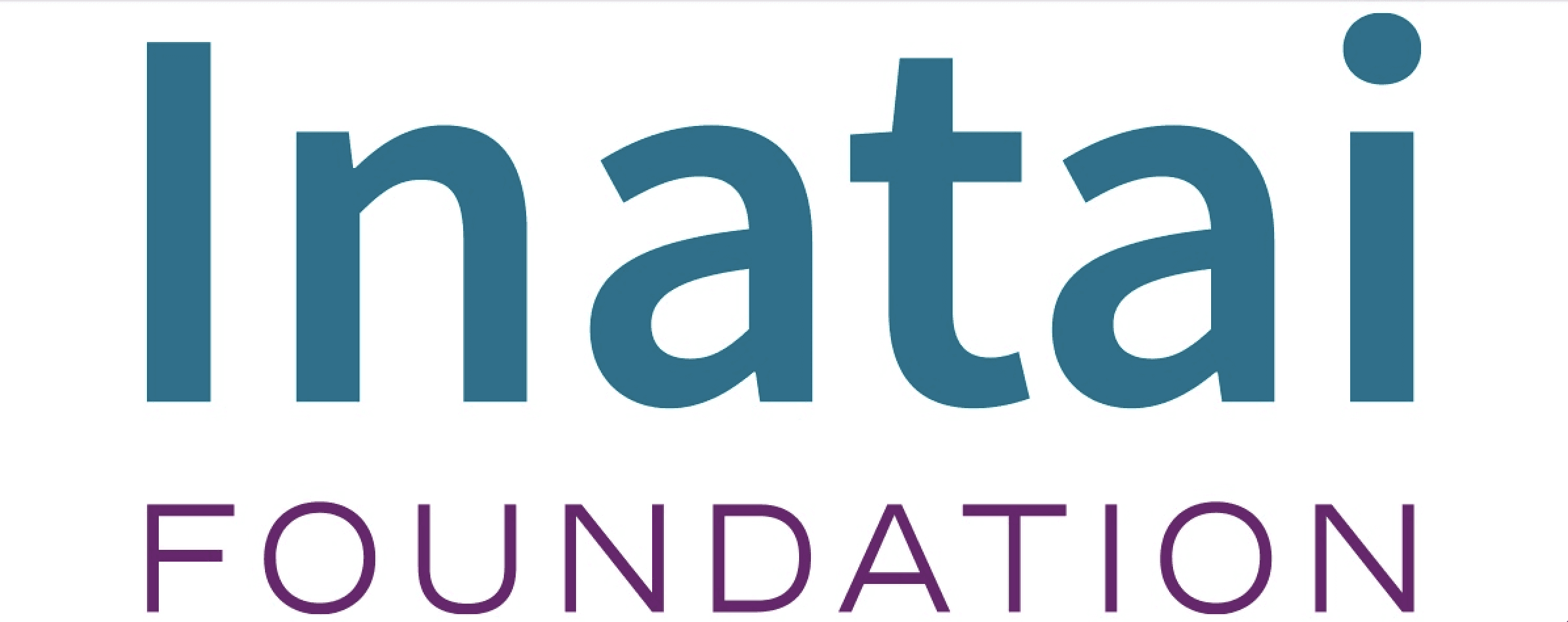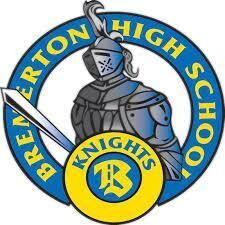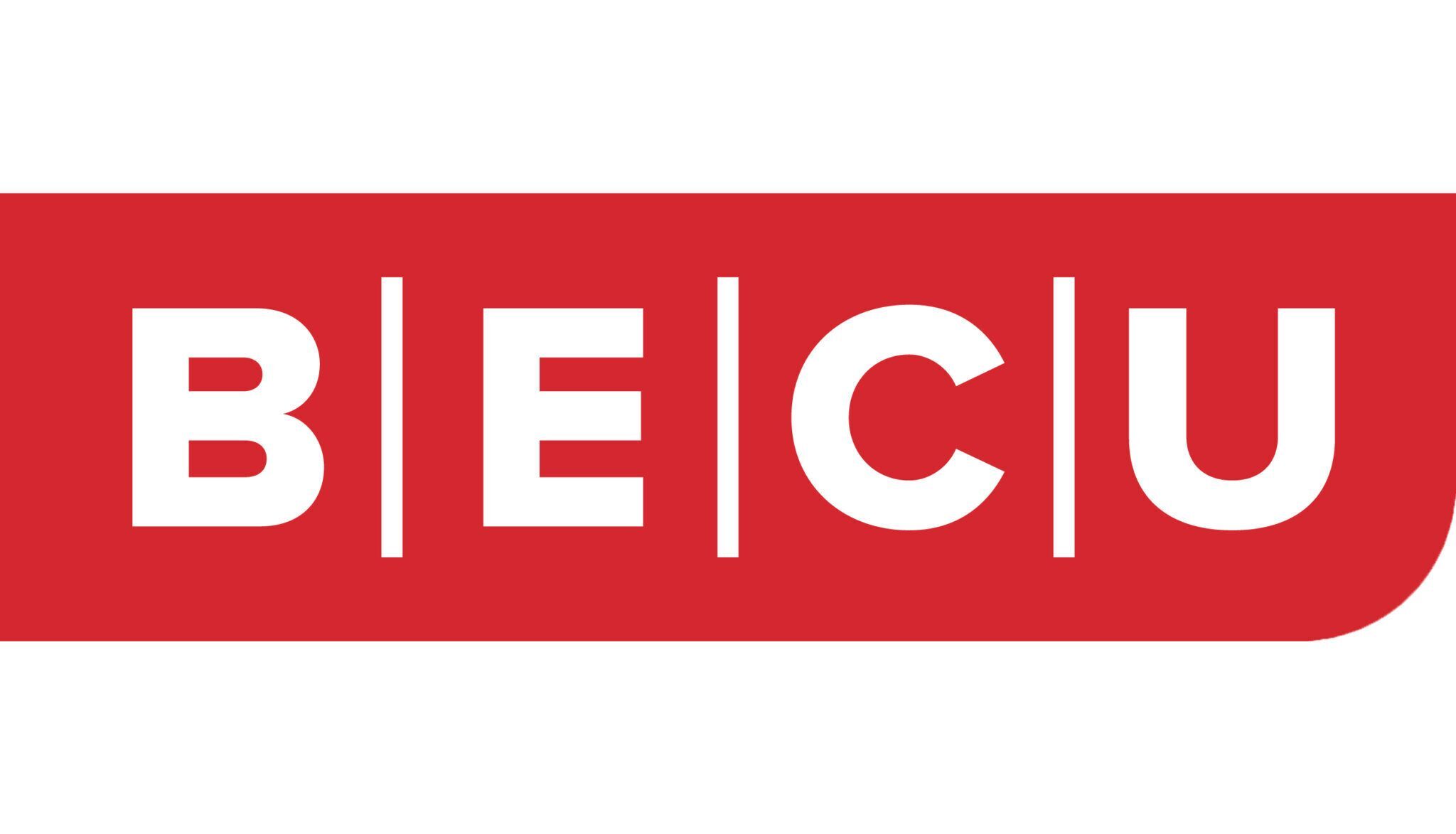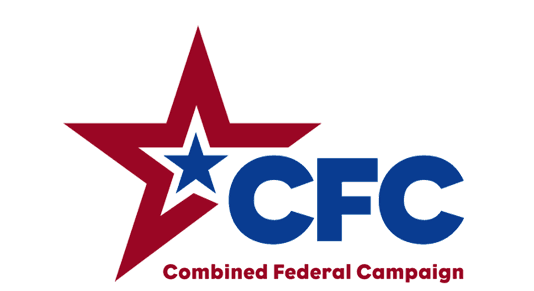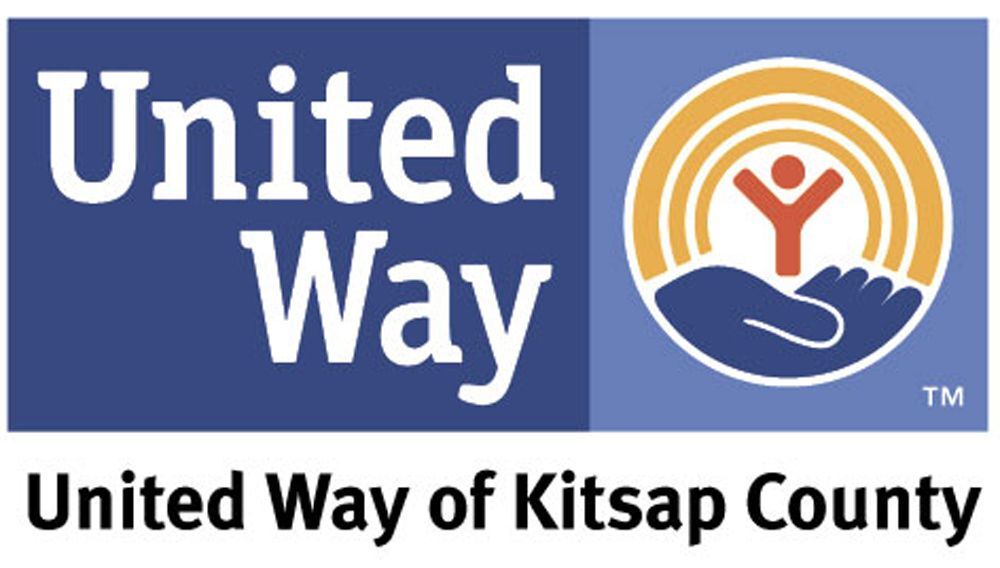Background and History
The Pacific Islander (PI) students have been facing educational disparities for several decades now. They tend to have lower academic achievements than other students of color and are disciplined, suspended, and expelled at higher rates compared to their total student population. When first- and second-generation Pacific Island (PI) families move to the United States, the parents face difficulty in mastering the English language. According to the National Educational Association (NEA), language barriers are one of many challenges that PI families face in attaining services, including education and healthcare. The language barrier and cultural differences make it challenging for parents to navigate the necessary socio-economic systems for their families.
Pacific Islanders are often overlooked in the political arena, leading to a lack of their political voices. This is especially true when examining the educational achievement of Pacific Islanders. A consequence of the “lumping together” with Asian American is that it makes invisible the unique strengths and challenges within the Pacific Islander community. Pacific Islanders have histories, cultures, and social circumstances distinct from those of Asian Americans… (Takeuchi & Hune, 2008). Due to the high poverty level, low-income earnings, and the lack of political representation, Pacific Islanders are underrepresented and underserved in Washington State, as well as in the United States.
The future of the PI communities lies with the younger generation. It is of utmost importance to prepare our youth and young adults for the challenges and uncertainties of the future, not just for their own sake but for the sake of securing our communities' future and preserving our history and heritage. By instilling confidence and respect in our young leaders, we are shaping a just society for all. VOPIN is dedicated to offering culturally responsive services, resources, and opportunities to our students and families to help them not just survive but thrive.
